New Zealand's national parks are among the most breathtaking in the world, offering a sanctuary for both biodiversity and recreational enthusiasts. However, there's an ongoing discourse about how these parks can be more inclusive for Indigenous communities. This issue is not just about social justice but also ties into economic and cultural sustainability—key aspects for financial advisors to consider when advising on investments related to tourism and conservation.
The Need for Inclusivity: A Balancing Act
Ensuring inclusivity in national parks involves a delicate balance between conservation, cultural heritage, and economic interests. Indigenous communities have unique perspectives and knowledge about land stewardship, which can enhance conservation efforts. According to Stats NZ, tourism contributes significantly to the economy, accounting for 5.8% of New Zealand's GDP in 2020. Integrating Indigenous knowledge can offer a unique selling proposition in an increasingly competitive global tourism market.
Pros & Cons of Inclusive Practices
Incorporating Indigenous perspectives into national park management offers numerous benefits but also poses challenges.
Pros:
- Cultural Preservation: Indigenous involvement ensures that cultural traditions and sacred sites are respected and preserved.
- Enhanced Biodiversity: Traditional ecological knowledge can lead to more effective conservation strategies.
- Economic Opportunities: Creating roles for Indigenous communities in park management can lead to job creation and economic empowerment.
Cons:
- Complex Stakeholder Management: Balancing the interests of various stakeholders can be challenging.
- Regulatory Hurdles: Integrating Indigenous practices may require changes in existing laws and policies.
- Potential Conflicts: There may be disagreements between conservation goals and cultural practices.
Case Study: Te Urewera
The transformation of Te Urewera from a national park into a legal entity with its own rights offers valuable insights. This move allowed the local Tūhoe iwi to manage the land, integrating their cultural practices into its governance. The result was a sustainable model that balances ecological health with cultural preservation.
Problem: Te Urewera faced declining biodiversity and cultural disconnection for the Tūhoe iwi.
Action: The land was granted legal personhood, allowing the Tūhoe to manage it. They implemented traditional land management practices, fostering both environmental and cultural rejuvenation.
Result: This initiative has seen improved biodiversity outcomes and increased cultural tourism, benefiting the local economy.
Takeaway: This case illustrates the potential of empowering Indigenous communities to lead conservation efforts, offering a model for other parks in New Zealand.
Data-Driven Insights
A report by the Ministry of Business, Innovation and Employment (MBIE) highlights that incorporating Indigenous tourism products can increase visitor spend by 20%. Moreover, a Deloitte survey revealed that 67% of international tourists are interested in authentic cultural experiences, indicating a robust market for Indigenous-led tourism.
Common Myths & Mistakes
There are several misconceptions about Indigenous inclusivity in national parks.
Myth: "Indigenous practices are outdated and ineffective."
Reality: Studies indicate that Indigenous knowledge often leads to more sustainable environmental outcomes.
Myth: "Involving Indigenous communities will slow down park operations."
Reality: Proper integration can streamline operations by reducing conflicts and fostering cooperation.
Myth: "There's no economic benefit to Indigenous involvement."
Reality: Data shows that Indigenous tourism products can boost visitor spend and enhance the visitor experience.
Future Trends & Predictions
Looking ahead, it's crucial for financial advisors to consider the growing importance of ethical and sustainable investment in tourism. By 2028, it's predicted that half of New Zealand's national parks will be co-managed with Indigenous communities. This shift not only aligns with global sustainability goals but also opens up new avenues for investment.
Conclusion
New Zealand's journey towards making its national parks more inclusive for Indigenous communities is a multifaceted challenge. However, the potential benefits—in terms of cultural preservation, biodiversity, and economic opportunities—are immense. For financial advisors, understanding these dynamics is crucial for making informed recommendations that align with both ethical and financial goals.
Ready to explore more about sustainable investments in tourism? Join our newsletter for the latest insights!
People Also Ask
What are the economic benefits of Indigenous involvement in national parks?Indigenous involvement can boost cultural tourism, which increases visitor spend by 20%, according to the Ministry of Business, Innovation and Employment.
How do Indigenous practices contribute to biodiversity?Traditional ecological knowledge often includes sustainable land management practices that enhance biodiversity.
Related Search Queries
- Indigenous tourism New Zealand
- Co-management of national parks NZ
- Te Urewera case study
- Economic impact of cultural tourism
- Traditional land management practices


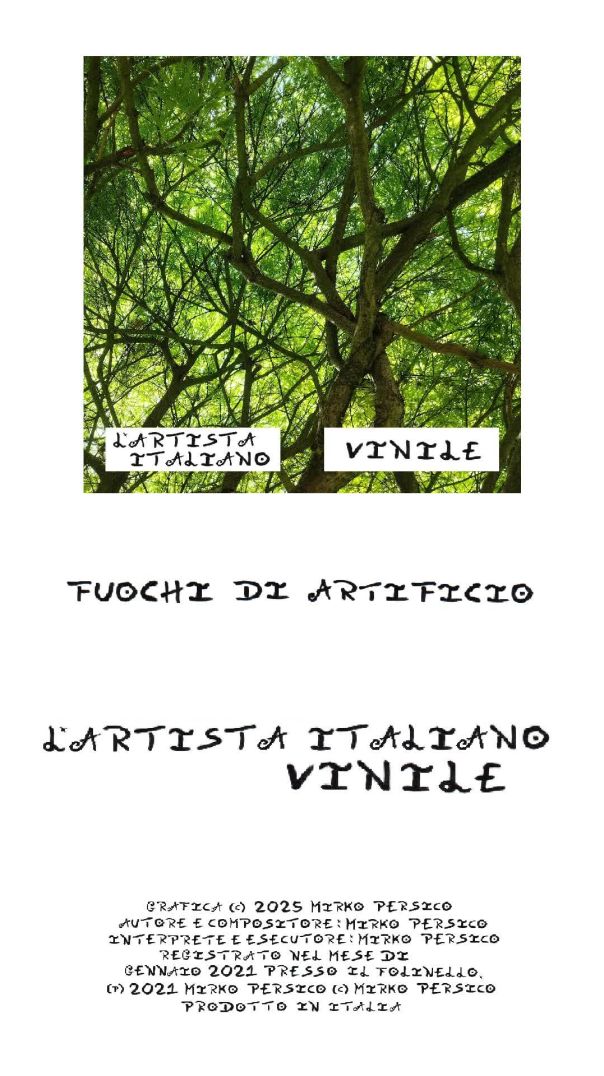

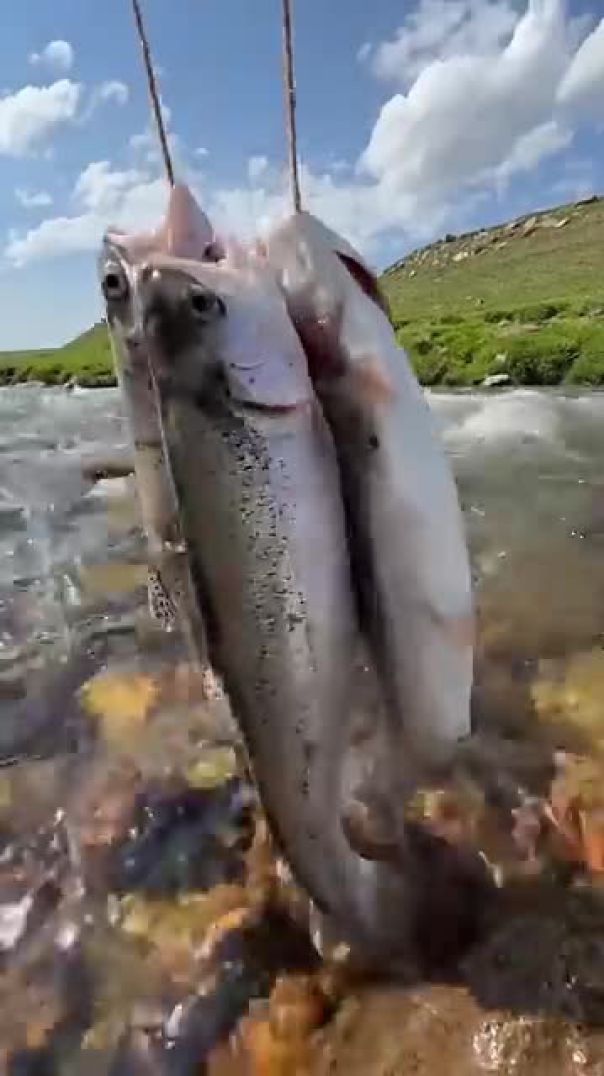

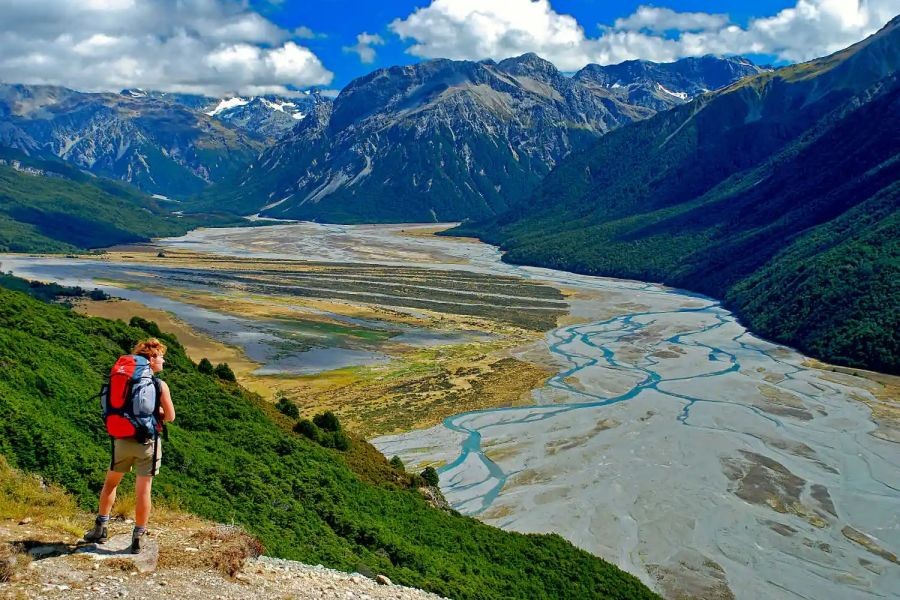









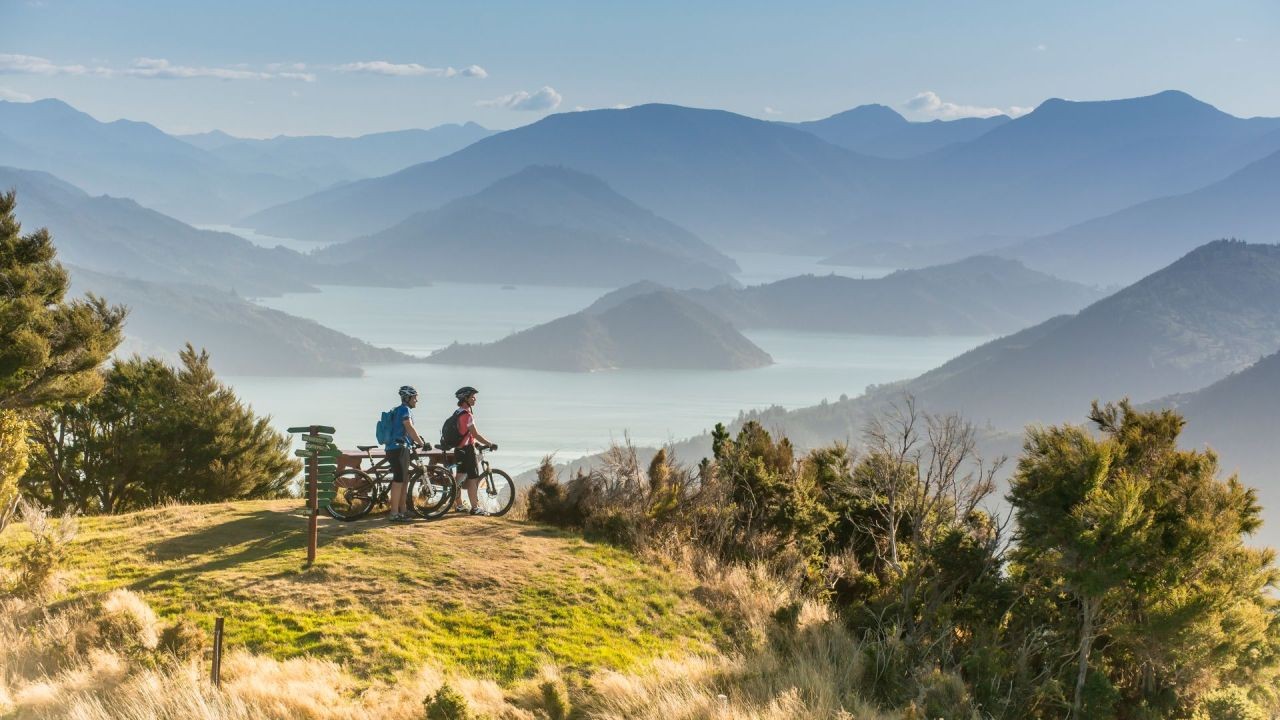




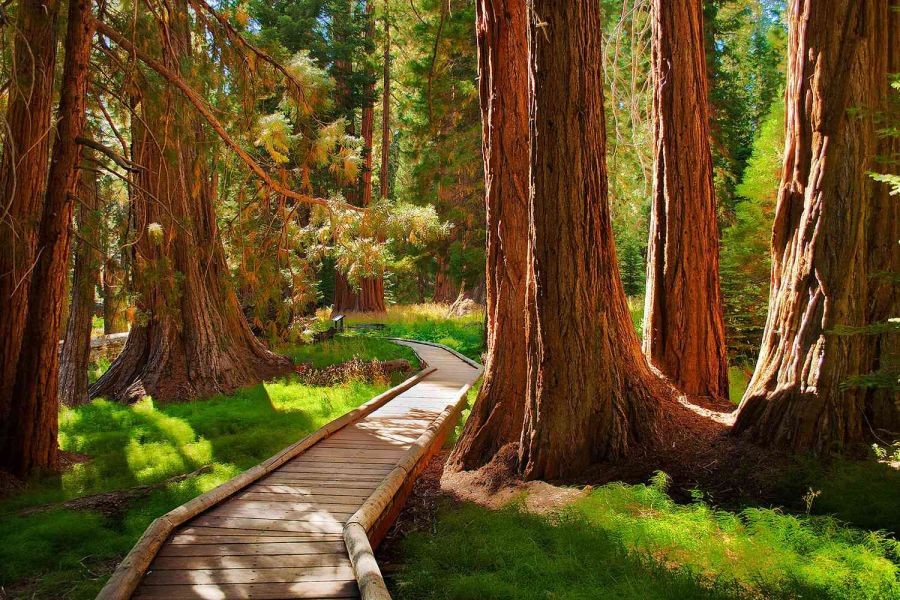










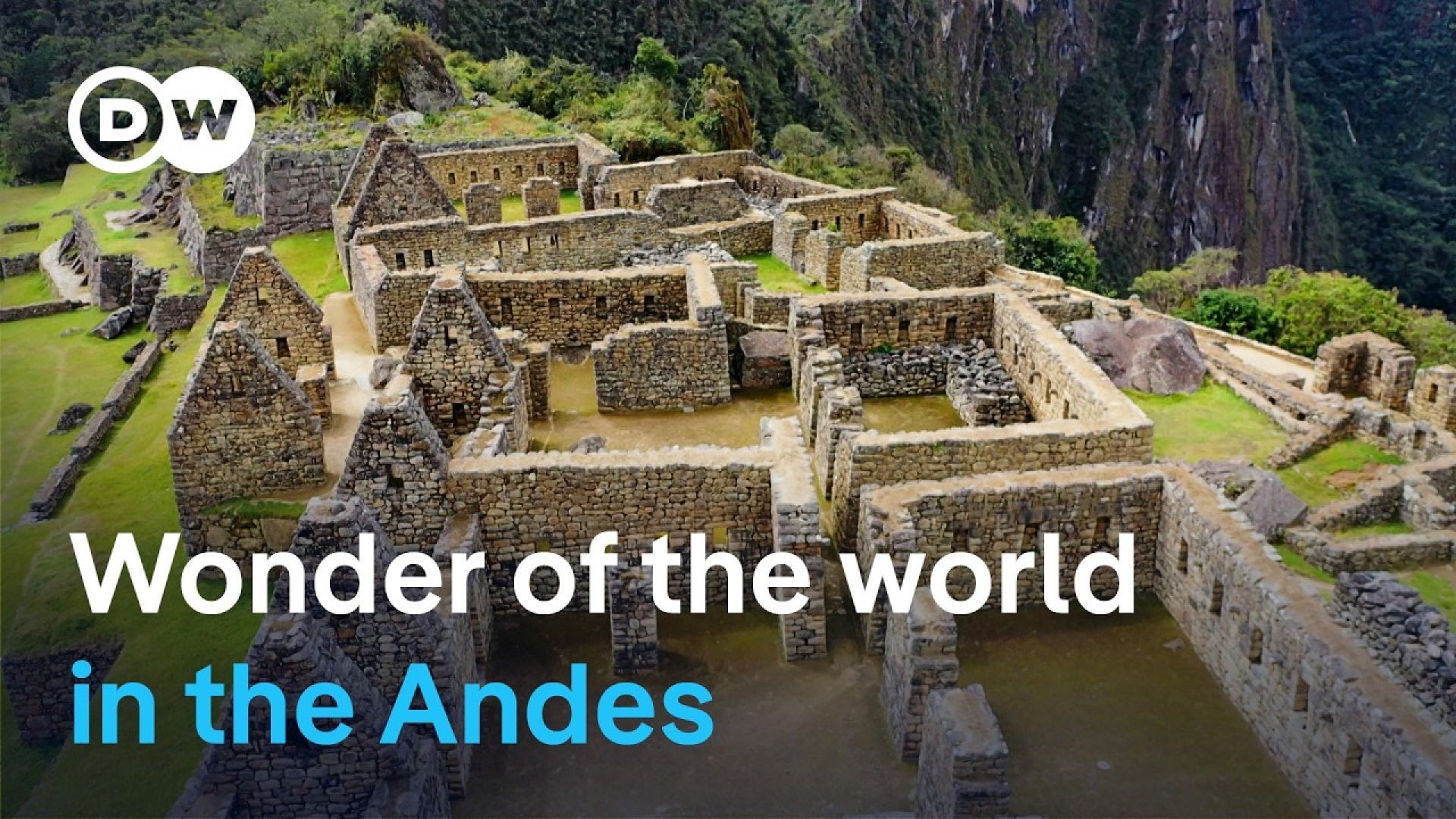

etsukoroland3
5 months ago